The recent conflict between the Sudanese army and the Rapid Support Forces (RSF) that has left hundreds dead shows the complex interaction between domestic and foreign forces. These are the factors that have caused the conflict to escalate, with the ceasefire being repeatedly broken despite the efforts of the international community.
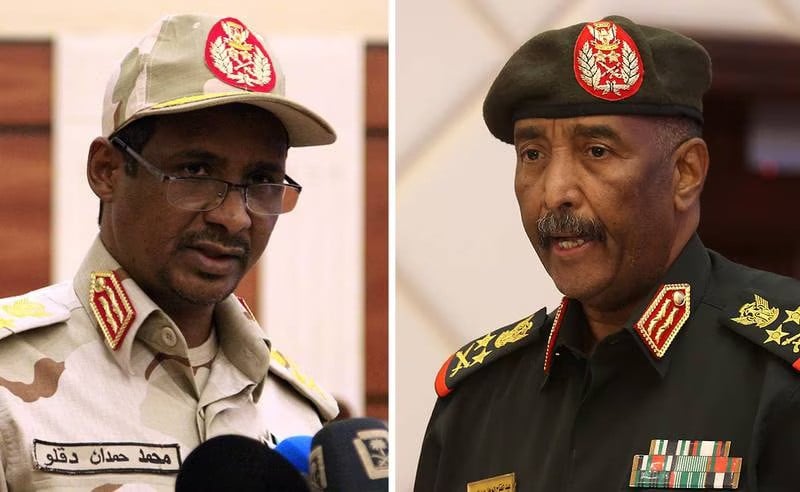 |
| General Mohammed Hamdan Dagalo, head of the Rapid Support Forces (left) and General Abdel Fattah Burhan, head of the Sudanese army (Source: Arab News) |
Since the ouster of former Sudanese President Omar al Bashir in 2019, regional actors including Egypt, the UAE, Saudi Arabia and Israel have become deeply involved in Sudan. Their support for the warring factions has exacerbated the situation, fueling the conflict and leading to the current chaos.
The feud between two generals
The power vacuum created by President al-Bashir’s 30-year rule created a golden opportunity for the two generals to vie for power and assert influence. They initially allied against the civilian government of former President Abdalla Hamdok, stemming from an August 2019 power-sharing deal between the country’s military and civilian forces. In October 2021, they staged a coup that overthrew President Hamdok’s government and seized power, abruptly ending the short two-year transition after removing al-Bashir.
Since then, the divisions and disagreements between al-Burhan and Hemedti have increased significantly. Hemedti blames al-Burhan for the economic and security deterioration in Sudan. Tensions between the two sides reached a boiling point after the signing of a framework agreement in December last year. The agreement was intended to facilitate the military's withdrawal from politics and the transfer of power to civilians. The agreement also aimed to integrate the RSF into the military under Burhan's command. A sensitive plan that further deepened the disagreements between the two sides.
Over the past few months, both sides have sought to exploit the terms of the agreement to advance their interests and achieve their agendas. Al Burhan has accelerated the process of integrating the RSF into the military, a move that could reduce the influence of his rival Hemedti, who has emphasized the transfer of power to civilians in order to limit al Burhan’s power as head of the Transitional Sovereign Council (TSC).
In an effort to turn his disagreement with al Burhan into a fight for democracy rather than a power struggle, Hemedti formed an alliance with the Forces of Freedom and Change (FFC) – a key civil coalition that led the uprising against former President al Bashir.
General Hemedti also approved the FFC's demands for a civilian transfer of power and the Sudanese army to return to barracks to remove al-Burhan. Over time, the distrust between the two generals became deep and irreparable.
| RELATED NEWS | |
| Sudan: Army agrees to extend ceasefire for 7 days; Organization of Islamic Cooperation holds emergency meeting | |
Regional factors
Like other conflicts in the Middle East and North Africa, external actors such as Egypt, Saudi Arabia, the UAE and Israel play a key role in exacerbating the ongoing crisis in Sudan.
Egypt has pursued a “flawed and short-sighted” policy toward Sudan, which has contributed greatly to the ongoing dispute between al-Bashir and Hemedti. After the removal of al-Bashir, the regime of Egyptian President el Sisi has been determined to prevent a civilian government, let alone a democratic one, in Sudan.
For President Sisi, this was seen as an existential threat to the regime’s survival. As a result, Cairo backed the military faction led by al-Burhan and Hemedti to undermine the civilian government. Furthermore, Cairo encouraged the coup against Hamdok’s government, ending the transition period and paving the way for the current conflicts.
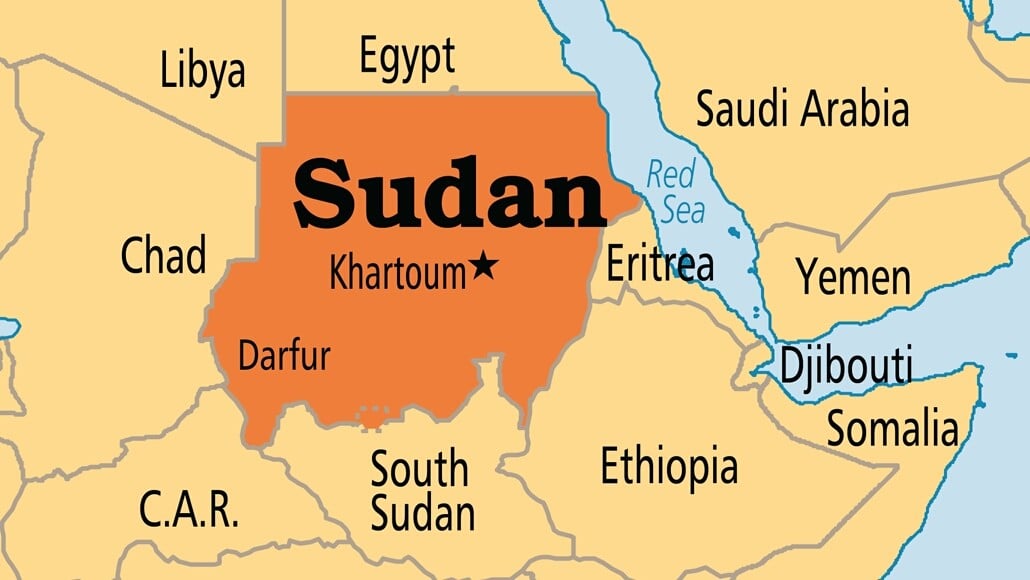 |
| External actors such as Egypt, Saudi Arabia, UAE and Israel play a major role in aggravating the ongoing crisis in Sudan (Source: premiumtimesng.com) |
Egypt's policy towards Sudan is guided by three main objectives. First , Egypt seeks to consolidate military rule in Sudan so that it can control and manipulate it in a way that is favorable to Egypt.
Second , Egypt ensured that Sudan did not pursue an independent foreign policy that could affect its interests, especially regarding the Grand Ethiopian Renaissance Dam (GERD), which is of great concern to Cairo.
Third , President Sisi wants to prevent Sudan from failing, which would pose significant political, geostrategic, economic, and humanitarian challenges for Egypt, especially as the country faces a severe economic crisis.
Egypt’s strategy in Sudan has had the exact opposite effect on these interests. By supporting the military regime in Sudan, Egypt has sown division and discord not only between the military and civilian forces, but also between the military and the RSF. Egypt has sought to create a parallel process to the framework agreement, in order to sow discord and division among Sudan’s political factions.
As the rift between al Burhan and Hemedti became apparent, Egypt sided with al Burhan instead of playing the role of mediator. President Sisi believed that al Burhan was a more reliable partner and would uphold Egypt’s interests. Hemedti, on the other hand, had close ties with foreign allies, making Cairo more suspicious. Egypt’s support for al Burhan is the main cause of the current crisis.
Several reports have highlighted that Egypt provided fighter jets and pilots to support the SAF in its conflict against the RSF. At the start of the war, the RSF captured 27 Egyptian soldiers stationed at Merowe air base in Sudan and many others elsewhere.
Despite the two countries’ long historical and geographical ties, Egypt has seen its influence in Sudan decline in recent years. This is reflected in its exclusion from the Quartet – comprising the US, UK, Saudi Arabia and the UAE – tasked with overseeing Sudan’s transition. Egypt’s seeking support from regional allies such as the UAE to help secure the release of soldiers held by the RSF is a clear indication of this.
| RELATED NEWS | |
| Sudan situation: More countries prepare to evacuate citizens, signs of ceasefire appear? | |
The Role of the Gulf
Over the past decade, Gulf Arab states, especially Saudi Arabia and the UAE, have played a key role in Sudan’s affairs. They built strong ties with the former regime of Omar al Bashir, helping it address the challenges of the time. In exchange for billions of dollars in grants, loans and investments, al Bashir provided military support and sent troops to support the two countries’ campaign against the Houthis in Yemen in 2015.
Furthermore, al Bashir's regime aligned with Saudi Arabia against and severed ties with Iran in 2016. These moves marked a significant shift in Sudan's foreign policy, which had been characterized by close ties with Iran.
Following the 2019 uprising that ousted al Bashir, the UAE and Saudi Arabia established close ties with the leaders of the SAF and RSF. Fearing the spread of pro-democracy movements in the region, the two countries, with their deep pockets, supported the Sudanese military to prevent the establishment of civilian and democratic rule. Like Egypt, both countries endorsed the 2021 coup against the civilian government led by Hamdok, despite international condemnation and calls for his reinstatement.
However, both countries have different and sometimes conflicting interests in Sudan, and as a result, they tend to back different sides in the current conflict. Saudi Arabia has a long and strong relationship with al Burhan, while the UAE has invested heavily in Hemedti over the years.
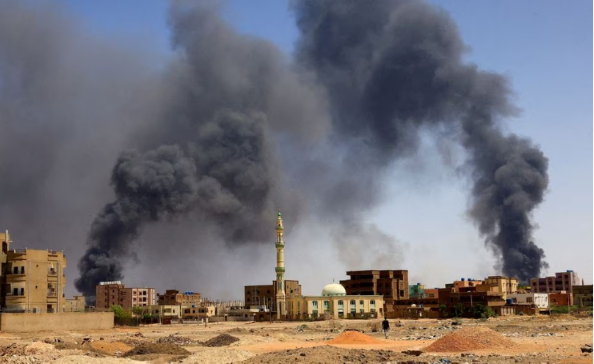 |
| Smoke rises above buildings during clashes between RSF and government troops in Khartoum (Source: Reuters) |
Saudi Arabia’s support for the SAF and al-Burhan is motivated by several objectives. First , Saudi Arabia seeks to protect its interests in the Red Sea from potential regional and international competitors such as Turkey, Iran, the UAE, and Russia. This includes securing sea lanes, access to natural resources, and maintaining stability and security in the region.
Second, Saudi Arabia’s focus on Red Sea security is an integral part of Crown Prince Mohammed bin Salman’s Vision 2030, which aims to diversify the Saudi economy and position the country as a global hub for trade, innovation, and tourism.
Third , Saudi Arabia seeks to protect its economic and financial investments in various sectors in Sudan, including agriculture, energy, water, sanitation, transportation, and telecommunications. Given that Sudan has significant growth and development potential in these sectors, Saudi Arabia views its investments in these sectors as vital to Sudan’s economic interests and its own.
Ultimately, Saudi Arabia is interested in enhancing its emerging role as a regional power and asserting its position as a new regional leader. In recent days, Saudi Arabia has facilitated direct talks between Sudan’s rival factions with the support of the United States. The goal of these talks is to secure a lasting ceasefire that could pave the way for political negotiations and ultimately end the ongoing conflict. Whatever the outcome of these talks, they will reveal the extent of Saudi Arabia’s influence in Sudan.
Meanwhile, the UAE has built a strong relationship with Hemedti in recent years, recognizing him as a key ally who can advance its diverse interests in Sudan and the wider region. First , the UAE is seeking to eradicate the remnants of the former Sudanese regime, especially those it sees as Islamists domestically, regionally, and globally. Hemedti has deftly positioned himself alongside Abu Dhabi against Islamists in Sudan and beyond. Hemedti has framed the dispute as a fight against Islamist extremists who want Sudan to be isolated and plunged into darkness, away from democracy.” This is also the language used by Arab leaders to describe their opponents.
Second, the UAE is looking to protect its strategic interests in the Red Sea and the Horn of Africa. In December 2022, the UAE signed a $6 billion investment agreement with Sudan to build a new port on the Red Sea coast.
Third, the UAE has invested in Sudan’s agricultural sector to ensure food supplies. Last June, the two countries signed a memorandum of understanding on an agricultural initiative involving a new port on the Red Sea.
The UAE sees Hemedti as an indispensable partner in achieving these goals and has extended financial, political and military support to Hemedti over the past few years. According to reports, the UAE has provided Hemedti with a platform to manage finances and offered public relations support to the RSF. Furthermore, General Khalifa Haftar, a major ally of the UAE, is said to be providing military support to the RSF.
There have been reports that Haftar has sent fuel, weapons and other resources to support Hemedti against al-Burhan. The alliance between the UAE, Haftar and Hemedti has been a key aspect of the security and geopolitical landscape in Sudan and North Africa for several years.
| RELATED NEWS | |
| Sudan conflict: US considers appropriate sanctions, UN seeks international cooperation | |
Israel Involved in Sudan Crisis
Since the outbreak of hostilities in Sudan, Israel has been deeply concerned about the impact on hopes of normalizing relations. In 2020, the two countries agreed to normalize relations but have yet to sign a comprehensive treaty to complete the normalization process.
In fact, Israel values its interests in Sudan for a number of reasons. Tel Aviv sees securing a peace treaty with Sudan as crucial to expanding the Abraham Accords and normalizing relations with other Arab states. Such normalization would strengthen Israel’s influence in sub-Saharan African countries, with which it has built strong ties over the past few decades. Moreover, Israel would benefit from Sudan’s abundant natural resources.
Therefore, after the overthrow of al Bashir, Israel tried to establish strong relations with al Burhan and Hemedti. In February 2020, al Burhan secretly met with Israeli Prime Minister Benjamin Netanyahu in Uganda and agreed to normalize relations. After Sudan joined the Abraham Accords in October 2020, the relationship between the two countries was further strengthened, with Israeli officials visiting Khartoum and meeting with al Burhan and Hemedti on several occasions. Both have expressed interest in deepening relations with Israel. Israel's Mossad intelligence agency has established close ties with Hemedti over the past few years.
In 2020, it was reported that the UAE had arranged a secret meeting between Hemedti and then-Mossad director Yosi Cohen. The two met in Khartoum in June 2021, which also angered al Burhan. It is clear that Hemedti had established independent channels of communication with Israel to carry out his plans in Sudan.
Israel has offered to mediate between the two warring parties to end the ongoing fighting in Sudan. However, Israeli officials are divided over which side to support. The Israeli Foreign Ministry has established close ties and worked with al Burhan to push for normalization. However, Mossad officials tend to favor Hemedti due to his strong ties to the UAE.
In short, the deep and complex involvement of regional actors in Sudan has significantly hampered efforts to resolve the ongoing conflict. Although the actors are seen as playing a constructive role in negotiating a solution to the crisis, their own involvement has fueled the escalation of the conflict and exacerbated the complexity of the search for lasting peace and stability in Sudan.
Source


![[Photo] Phuc Tho mulberry season – Sweet fruit from green agriculture](https://vstatic.vietnam.vn/vietnam/resource/IMAGE/2025/4/10/1710a51d63c84a5a92de1b9b4caaf3e5)

![[Photo] Prime Minister Pham Minh Chinh chairs meeting to discuss tax solutions for Vietnam's import and export goods](https://vstatic.vietnam.vn/vietnam/resource/IMAGE/2025/4/10/19b9ed81ca2940b79fb8a0b9ccef539a)



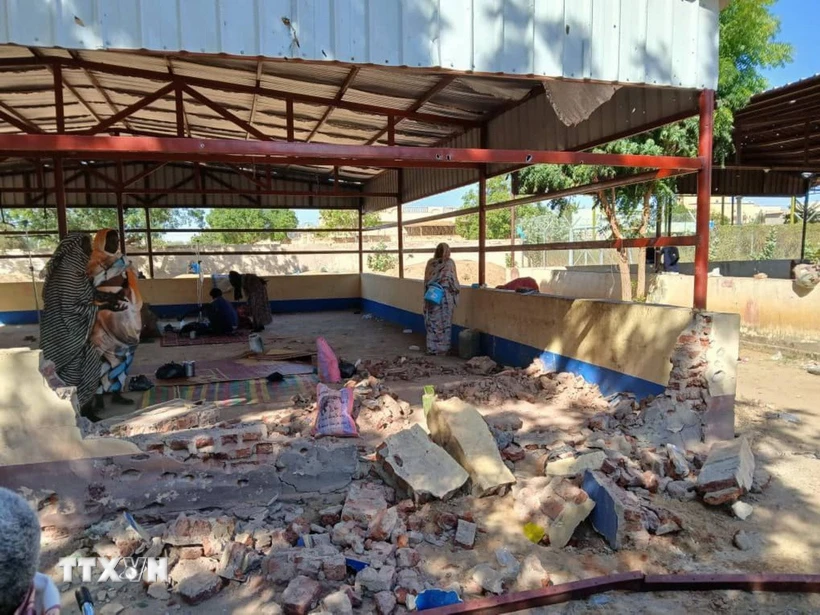

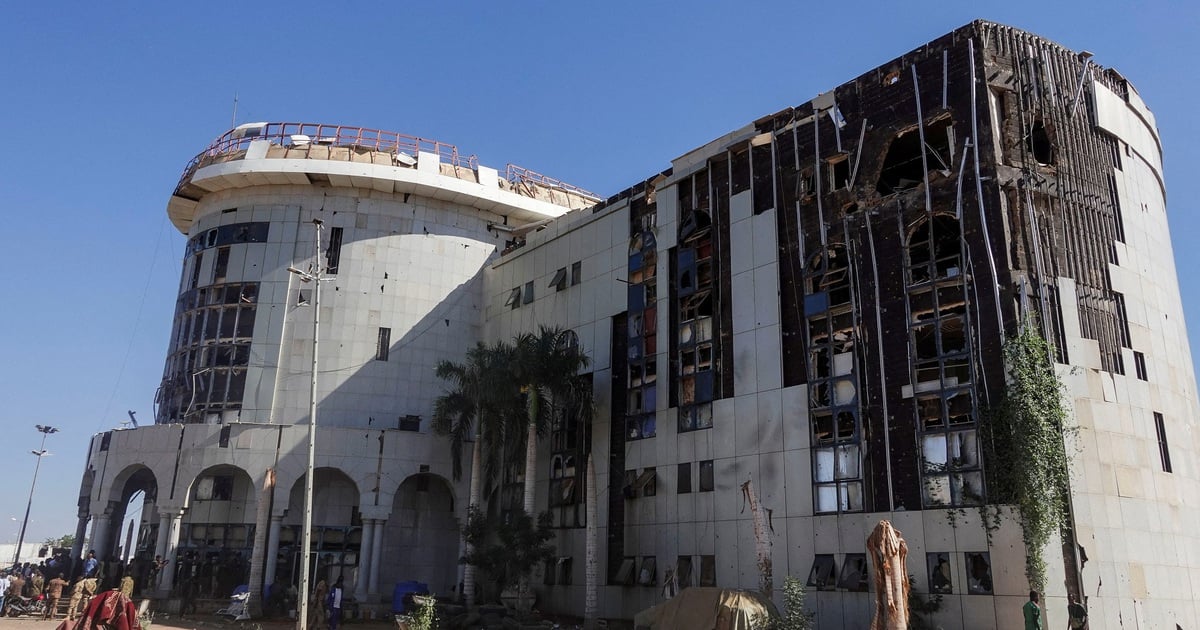

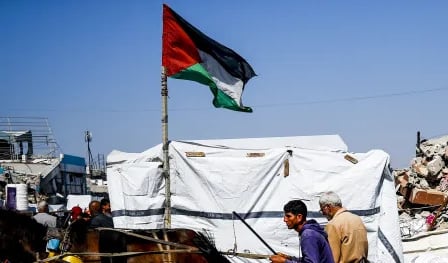

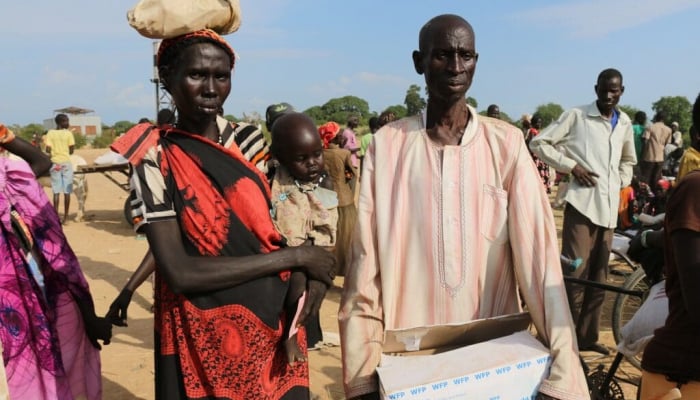
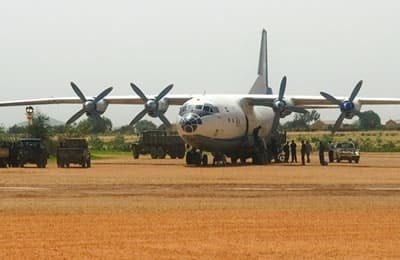







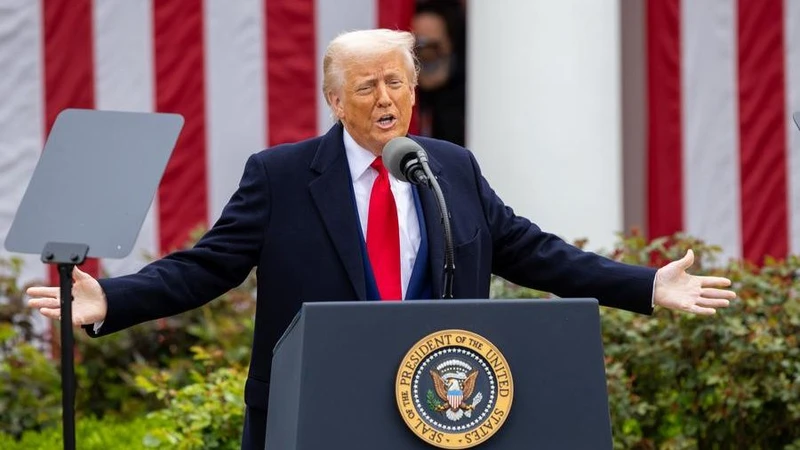





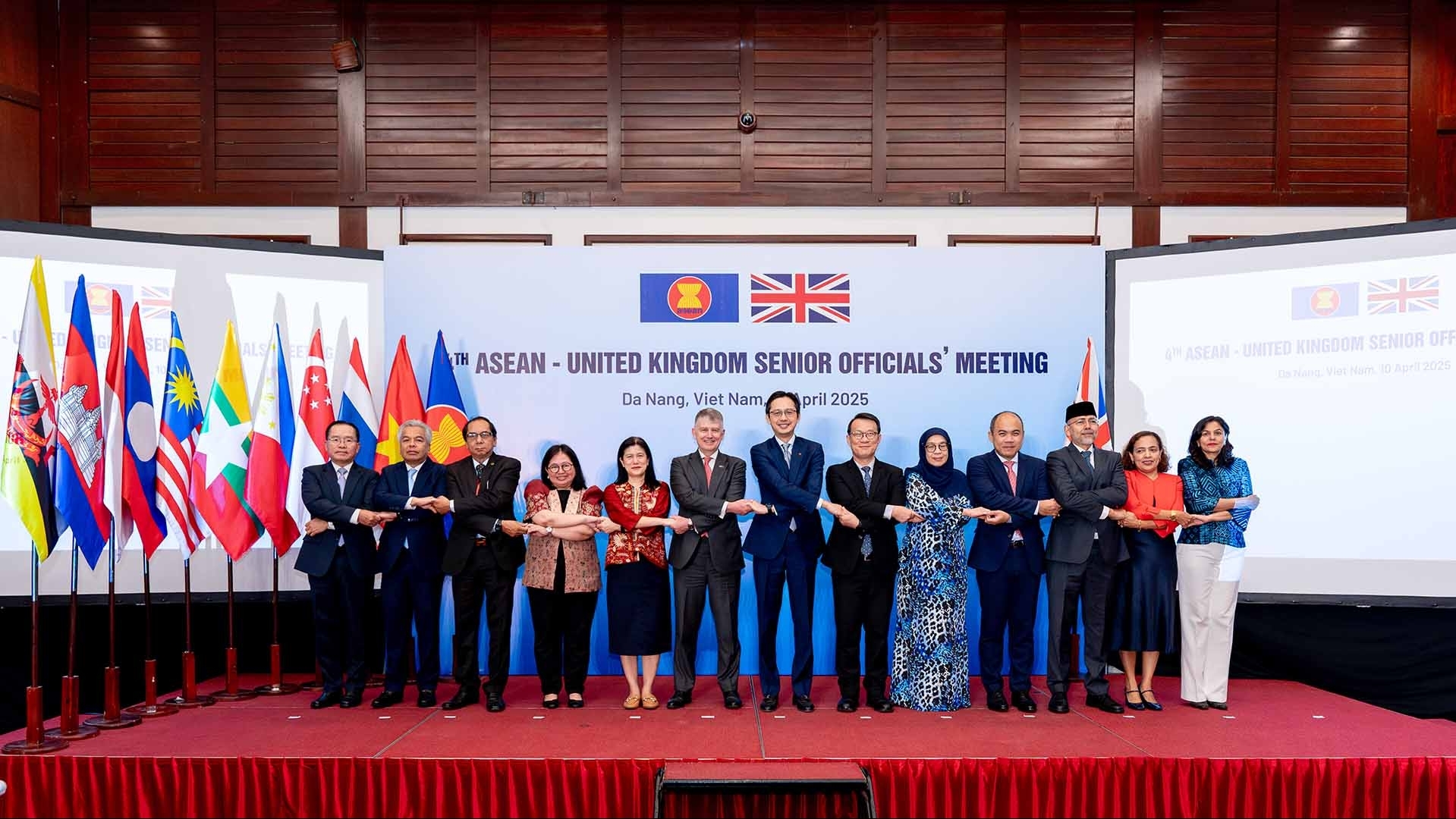
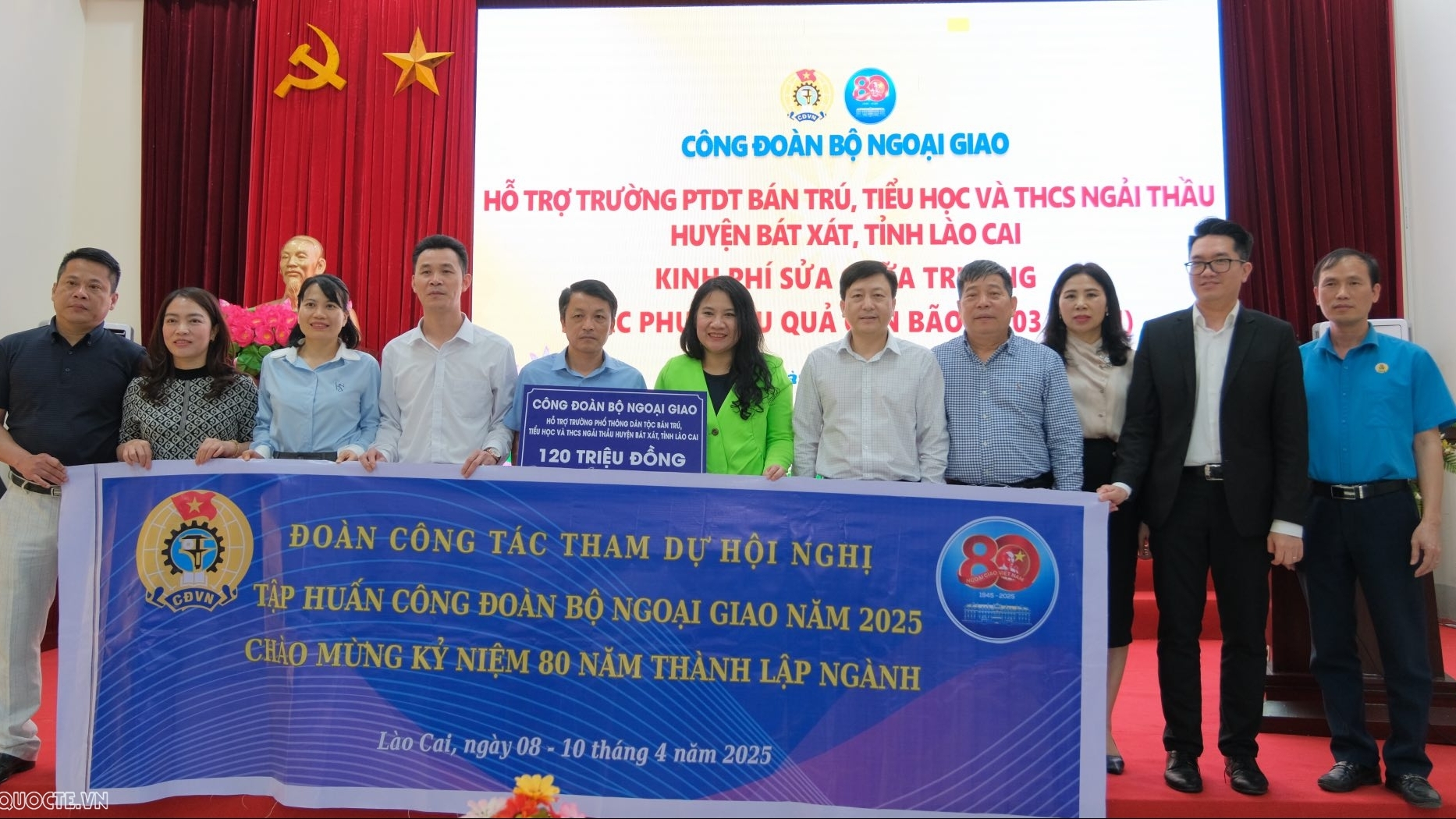

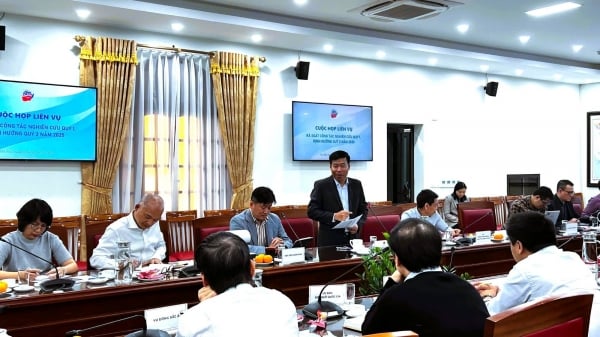
![[Photo] Unique folk games at Chuong Village Festival](https://vstatic.vietnam.vn/vietnam/resource/IMAGE/2025/4/10/cff805a06fdd443b9474c017f98075a4)




































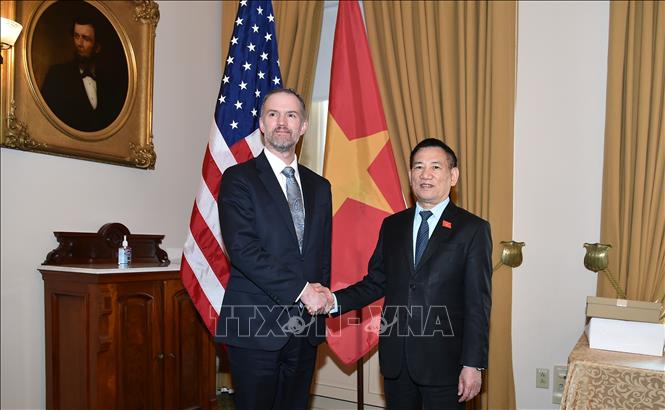












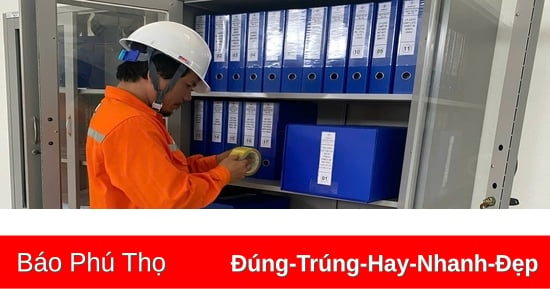



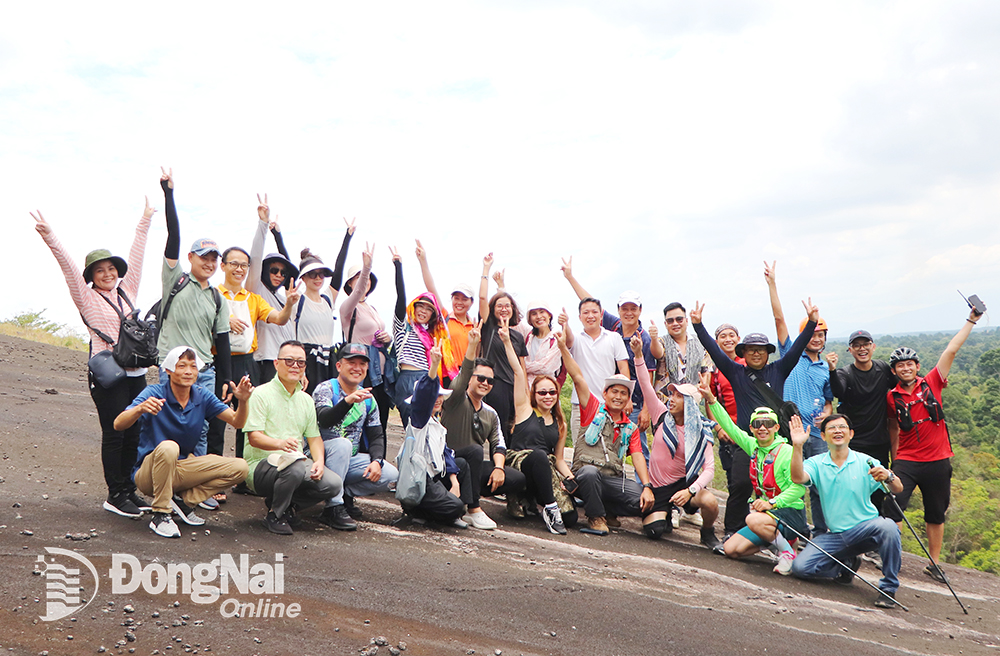









Comment (0)